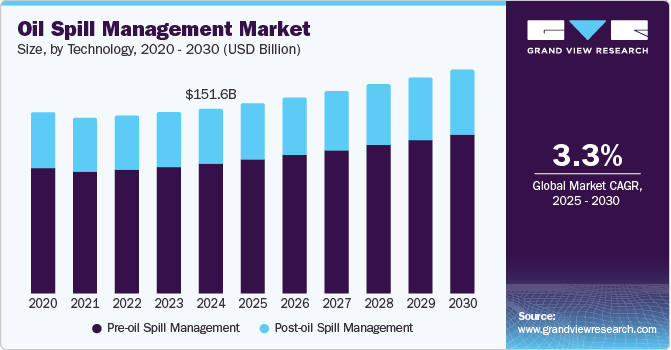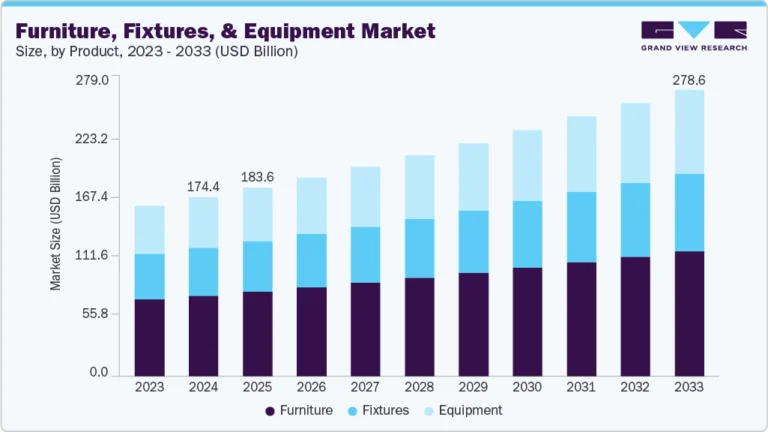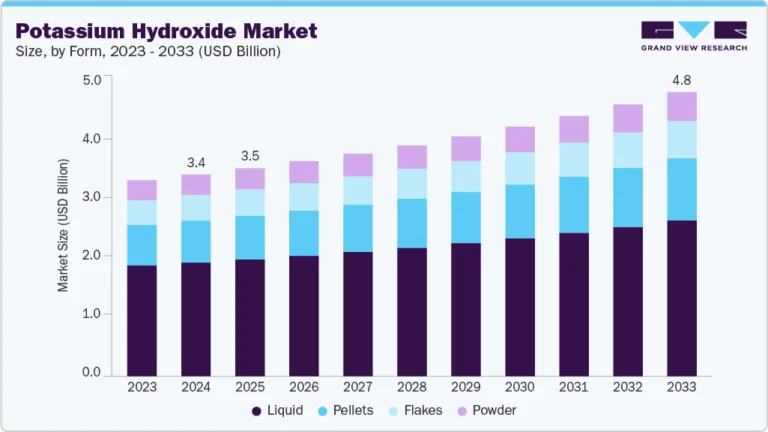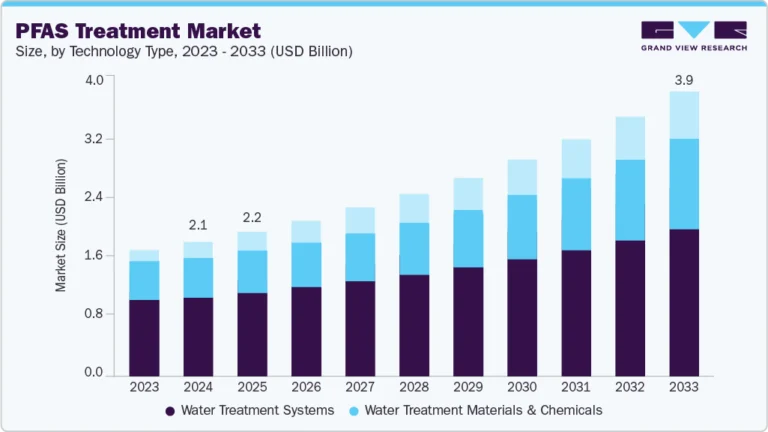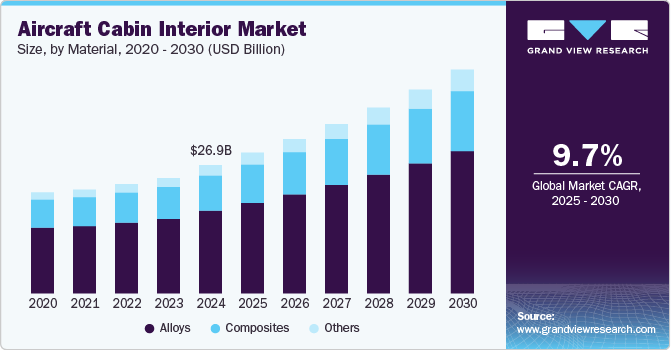Vehicle Roadside Assistance Market Size, Share & Trends Analysis growing at a CAGR of 5.0% from 2025 to 2030
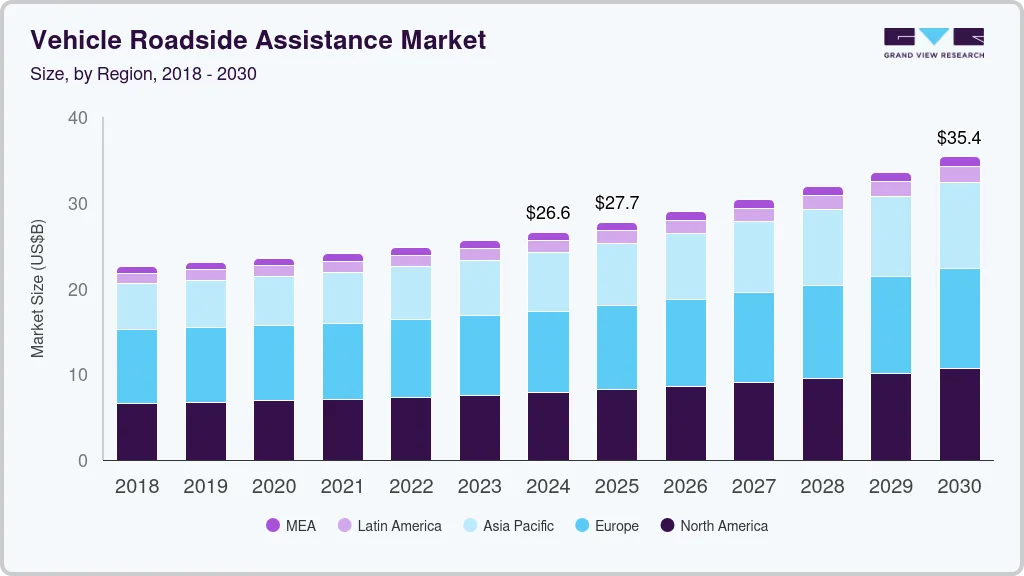
The global vehicle roadside assistance market size was estimated at USD 26.58 billion in 2024 and is projected to reach USD 35.36 million by 2030, growing at a CAGR of 5.0% from 2025 to 2030. Vehicle roadside assistance is a service designed to provide emergency help to drivers who experience vehicle-related issues while on the road.
Key Market Trends & Insights
- In terms of region, Europe was the largest revenue generating market in 2024.
- Country-wise, UK is expected to register the significant CAGR from 2025 to 2030.
- By service type, the towing segment accounted for the largest revenue share of 32.2% in 2024.
- By provider, the auto manufacturer segment dominated the market in 2024.
Market Size & Forecast
- 2024 Market Size: USD 26.58 Billion
- 2030 Projected Market Size: USD 35.36 Billion
- CAGR (2025-2030): 5.0%
- Europe: Largest market in 2024
Request a free sample copy or view report summary: https://www.grandviewresearch.com/industry-analysis/vehicle-roadside-assistance-market-report/request/rs1
It typically includes support for a range of problems that can occur unexpectedly, such as flat tires, battery issues, fuel delivery, lockouts, towing services, and minor mechanical repairs. The rise in vehicle ownership globally, coupled with increasing traffic volumes, has led to a higher incidence of breakdowns and accidents, thereby driving the demand for roadside assistance services. In addition, the growing awareness of road safety, alongside the expansion of service offerings by major players, including subscription models, is further propelling market growth.
The rising integration of advanced technologies such as artificial intelligence (AI), global positioning system (GPS), telematics, and Internet of Things (IoT) in roadside assistance operations is propelling the growth of the market. For instance, AI is used to optimize vehicle dispatching by ensuring that the nearest service provider arrives at the customer quickly. AI also analyzes factors such as traffic, location, and the type of service needed to make real-time decisions, enhancing efficiency and response times. In addition, with telematics systems, vehicles can transmit real-time data to service providers, enabling them to quickly diagnose issues and determine the best course of action. This technology allows for faster response times and more accurate service, reducing downtime and enhancing the overall customer experience.
Furthermore, mobile applications are becoming a cornerstone of modern roadside assistance services. These applications offer users a convenient platform to request help, track service progress, and communicate with service providers. Enhanced features such as in-app chat, real-time tracking, and digital payment options streamline the assistance process and improve user satisfaction. Mobile applications also allow for more transparent service tracking and status updates, providing users with greater satisfaction during stressful situations. Thus, the increased adoption of mobile applications provided by roadside assistance providers is further improving the growth of the market.
The rising adoption of electric and autonomous vehicles across the globe is another major trend in the vehicle roadside assistance industry. These vehicle types are becoming more prevalent, prompting roadside assistance providers to adapt services to meet their unique requirements. For electric vehicles (EVs), this means equipping technicians with specialized training and tools for battery issues and charging support. For autonomous vehicles, providers are developing new protocols for handling advanced technology and addressing potential software-related issues. Thus, the rising demand for battery assistance services due to the increased number of electric vehicles on the roads is boosting the market’s growth.
Vehicle Roadside Assistance Market Report Scope
|
Report Attribute |
Details |
|
Market size value in 2025 |
USD 27.73 billion |
|
Revenue forecast in 2030 |
USD 35.36 billion |
|
Growth rate |
CAGR of 5.0% from 2025 to 2030 |
|
Actual data |
2018 – 2024 |
|
Forecast period |
2025 – 2030 |
|
Quantitative units |
Revenue in USD million/billion and CAGR from 2025 to 2030 |
|
Report coverage |
Revenue forecast, company market share, competitive landscape, growth factors, and trends |
|
Segments covered |
Service type, provider, vehicle type, region |
|
Regional scope |
North America; Europe; Asia Pacific; Latin America; MEA |
|
Country scope |
U.S.; Canada; Mexico; Germany; UK; France; China; Japan; India; South Korea; Australia; Brazil; KSA; UAE; South Africa |
|
Key companies profiled |
GEICO; Viking Assistance Group AS; ARC Europe; Allstate Insurance Company; Agero, Inc.; Prime Assistance Inc.; SOS International A/S; Allianz Partners; American Automobile Association; Best Roadside Service; Access Roadside Assistance; National General Motor Club; Liberty Mutual Insurance; Chevrolet; Ford Motor Company; Nissan Motor Corporation |
|
Customization scope |
Free report customization (equivalent up to 8 analysts working days) with purchase. Addition or alteration to country, regional & segment scope. |
|
Pricing and purchase options |
Avail customized purchase options to meet your exact research needs. Explore purchase options |

